The players involved have been talking about it for some time now, but things finally seem to be coming to a head. It has been widely reported this week that Anheuser-Busch InBev (AB InBev), the biggest brewery in the world, wants to acquire SABMiller, the world’s second largest beer producer. So should craft beer lovers be worried about such a development?
The merger would create a multinational beer entity valued at approximately $275 billion, one which controls nine of the world’s 20 biggest beer brands. That would make it the biggest beer company in the world by a massive margin: more than three times the size of Heineken, which is currently the world’s third largest beer producer and stands to become the new number two.
At the bottom of the post I provide a roster of the players involved, and potentially involved, in this merger and it’s aftermath.
An American Perspective
Without getting into the boring details, the merger would probably lead SAB Miller to sell some of its popular brands here in the USA, so that Bud, Miller and Coors are not all owned by the same company. The U.S. Department of Justice would almost certainly require that.
Experts speculate that the Miller brands would likely be sold to MolsonCoors or another large international beer corporation.
But even that part of the story creates problems. Some say that Heineken might legally oppose a MolsonCoors move to take control of the Miller brands. And aren’t Miller and Coors already connected?
Yes, it is all very confusing. See the roster below.
So, Why Merge?
According to Mintel, a global market research firm, the consolidation is a strategy for approaching the future in the face of diminishing profits in the U.S.
Diminishing profits? Is that because of craft beer? Well, partially. Craft beer is one of the reasons Big Beer is currently losing market share in the U.S., but it should be noted that craft beer is just one factor. Imported beers, flavored malt beverages, wine, and spirits are all playing a role in the decline of Big Beer sales. Don’t fool yourself; we are not the only reason they’re suffering.
It should also be noted that the craft beer boom’s impact on Big Beer’s bottom line is confined to America. I don’t think the Chinese craft beer industry is having the same impact, assuming there is a Chinese craft beer industry.
Yes, I Said Africa
Some market analysts suggest that Africa is driving AB Inbev’s interest in the merger. SAB Miller enjoys a substantial presence in Africa, which is viewed to be a massive, up-and-coming beer market. According to industry experts, Africa is the next beer frontier, one where homebrew is still the most commonly consumed type of beer–bootlegged, illegal beer. There is a baby boom generation coming of age in Africa, not to mention an actual middle class emerging, and those consumers seem less interested in drinking illegal brew.
The SAB in SAB Miller actually stands for South African Breweries, by the way. Google it to learn the history of SAB Miller in Africa. Or see this.
Back to America
So, what does this mean for craft beer in the United States? How will this merger impact us?
“In terms of impact on craft, my first thought is that most craft brewers operate in a different sphere—their communities and regions primarily,” said Pau Gatza, the director of the Brewers Association, the organization that represent the interests of the craft beer industry. “Many craft brewers would look at a potential deal of Anheuser-Busch InBev and SABMiller as not relevant to their businesses and will keep on doing what they do—make flavorful and high quality beer, engage beer drinkers and serve the community through jobs, involvement and serving as a place for people to gather and discuss the events of the day.”
“Whenever there is a deal that impacts the U.S., one of the first things I think about is what will the impact be to the distribution network,” says Gatza. “Will brands change distributor houses or not? Since MillerCoors houses accelerated in consolidation at and after the turn of the century, it is hard to picture this piece unraveling, particularly if MolsonCoors becomes the owner of Miller brands in the U.S. It is hard to see the retail landscape changing much because of the deal.”
Still, in a blog post on the Brewers Association website, Gatza admits that he has more questions than answers about how such a merger might impact the craft beer industry. Even a highly informed expert isn’t sure what this will mean.
My Two Cents
I know there are a lot of people out there who probably think this will create an even bigger enemy. Some folks probably even think that this is a strategy to create a united front to wage war against craft beer.
I’m not going to pull any punches here. If you really believe that AB InBev is trying to acquire SAB Miller for the purpose of creating an Axis of Evil bent on destroying craft beer, put on your tin foil hat and go hide in the bunker. That is a horribly naive way to look at the situation.
It’s a bit presumptuous to think craft beer is that much of a concern to these global beer behemoths. Yes, they’ve noticed us. Yes, they see us as a trend. They think of us as a not entirely insignificant blip on the radar screen, but that’s it.
Indeed, they will continue to seek ways to get a piece of the craft beer pie in America, but this merger is more about global consolidation. In America, Anheuser-Busch will continue to acquire small breweries where and when it can, as will MillerCoors and even Heineken. But this merger really isn’t about that.
It’s a different game. It’s about what people are drinking in Johannesburg, South Africa and Sao Paulo, Brazil, more than it is what they’re drinking in Seattle and San Diego.
It’s about money and global positioning, not about beer. As long as we stay focused on beer, this merger really doesn’t mean much. That’s always been the difference between us and them.
Still, as Paul Gatza says, it does raise more questions than answers, so we shouldn’t completely ignore it. We should at least be aware of it and try to understand why it’s happening.
Maybe I’m wrong and the world really is coming to an end, but I think the greater threats to the craft beer industry are from within the industry itself. That’s a topic for another day.
The Roster
- Anheuser-Busch InBev is a multinational beverage and brewing company headquartered in Belgium. It is the world’s largest brewer and has a 25 percent global market share.
- SABMiller is a British/South African multinational brewing and beverage company headquartered in London. It is the world’s second-largest brewer and is also a major bottler of Coca-Cola. Miller Beer is owned by SABMiller.
- The Molson Coors Brewing Company is a North American company, headquartered in Denver and Quebec, formed in 2005 by the merger of Molson of Canada and Coors of the United States. It is the world’s seventh largest brewer.
- MillerCoors (a subsidiary of Molson Coors) was formed in 2008 by industry rivals Molson Coors and SAB Miller to consolidate the production and distribution of its products in the United States, with each parent company’s corporate operations and international operations remaining separate and independent of the joint venture.
- Heineken International is a Dutch company that owns over 165 breweries in more than 70 countries. Besides Heineken Lager Beer, it brews and sells more than 250 other international premium, regional, local and specialty beers. It is currently the third largest beer company in the world.

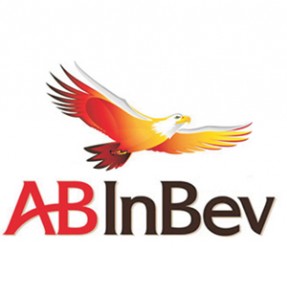


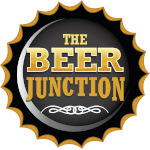
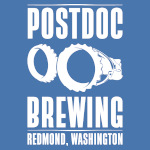
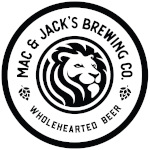
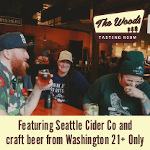
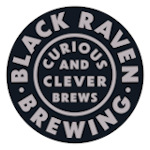
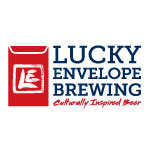

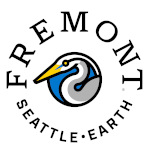
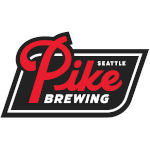
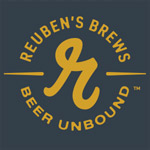


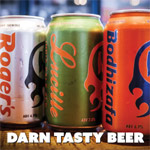

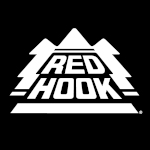
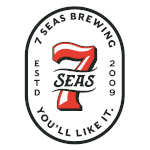
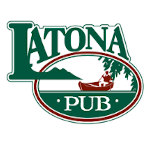








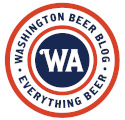
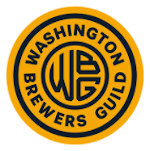


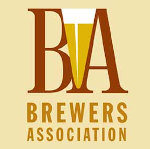
Not good for the industry. Maybe for 2nd/3rd world countries. The synergies and cost cutting is only to appease Wall Street and the EBITA. DOJ will shaft most of the issues in U.S. but not good for the beer industry as a whole, unfortunately speaking from inside knowledge!
The synergies are not good for US ADVERTISING companies
Good point Greg. I had not even begun to consider the ramifications for ancillary industries.